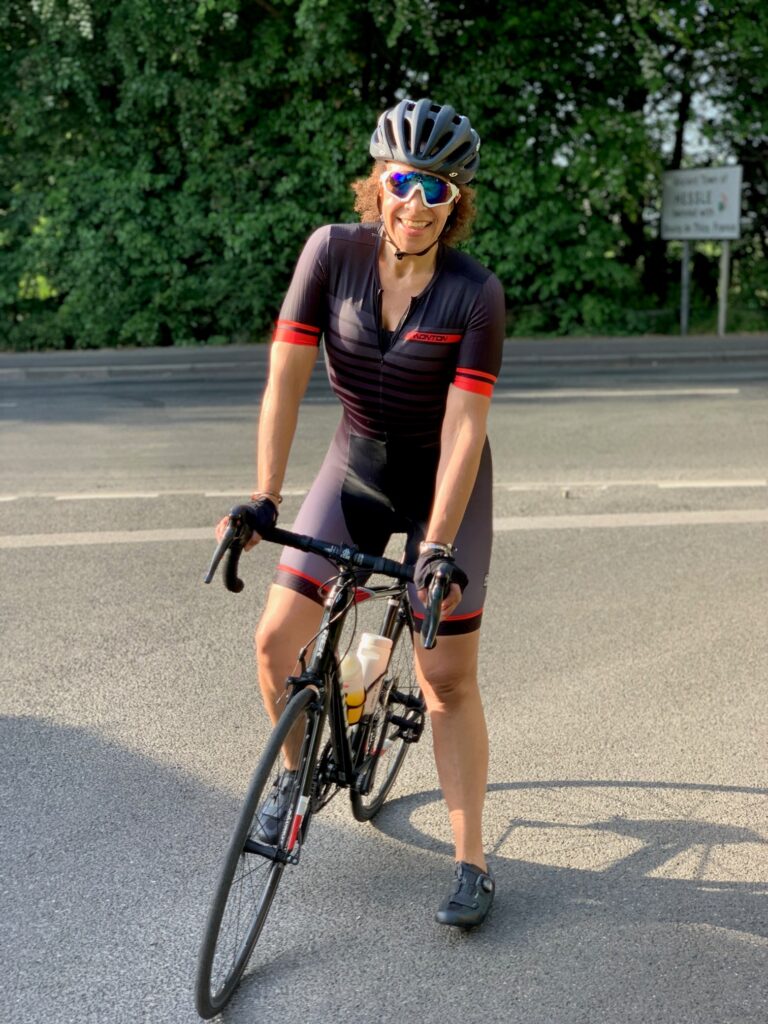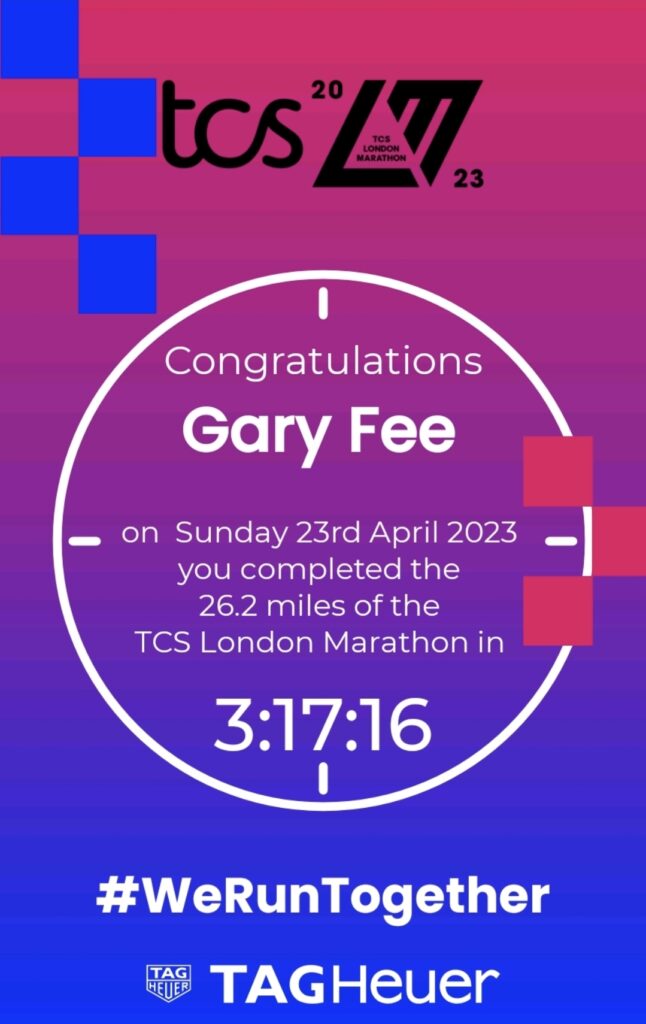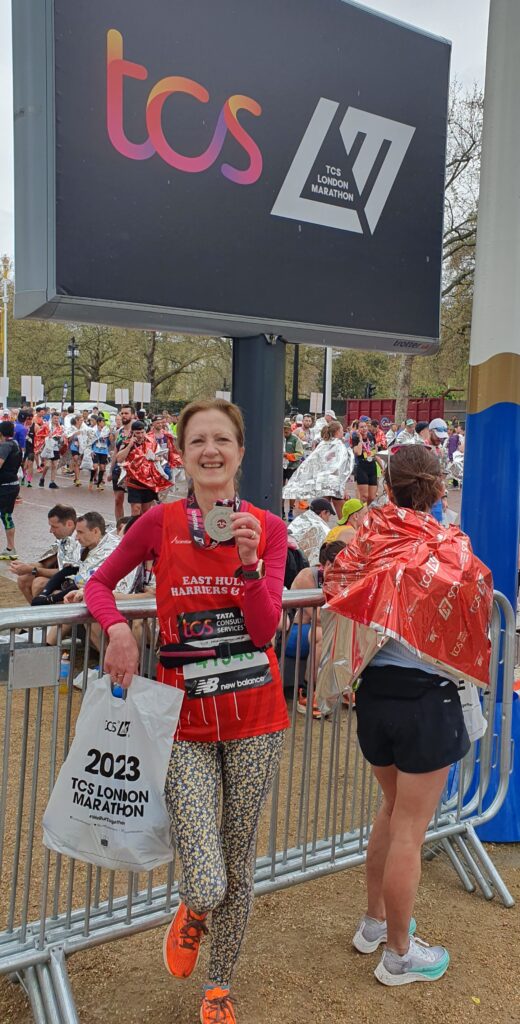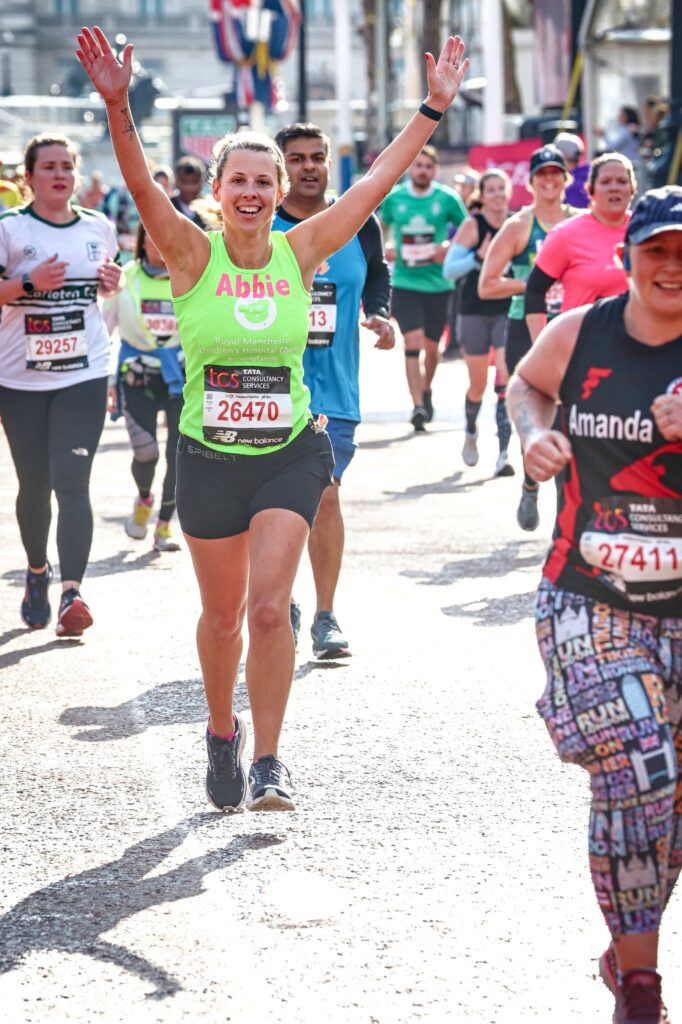Goole is a lovely little hospital that feels very different from a large, main hospital site. It is smaller, and many of the people who work here have been part of our team for a long time. Every week, one of the staff might say, “Mrs. Smith’s here—you know, the one who runs the post office.” Everyone is related to someone, and it’s a real community feel here in Goole. Local villages see this hospital as their main centre, and many of our staff have grown up together and look out for each other. It’s not uncommon to see a member of staff helping a wandering patient by asking, “Are you lost?”
Our hospital is nestled right in the middle of the community, surrounded by green space, which makes it a calming and quiet place. I would love to see Goole and District Hospital becoming even more of a community hub. Re-opening the café, for instance, would bring back the days when people would come in for Sunday lunch, and even the local police would join us for a meal. It brought all aspects of the community together.
The Importance of Goole and District Hospital
This hospital means an awful lot to an awful lot of people. Our staff are passionate about the future of our local health and care in Goole and surrounding areas, as are the community that we serve. Goole is an underprivileged area with many elderly people with significant healthcare needs. These people need certain healthcare services on their doorstep, not 30 miles away.
Consider the journey from Goole to Hull: it involves a lot of stops on the bus and is a 2-hour journey (it also costs money for those without bus passes). Once there, you have just over an hour to get everything done before catching the last bus back, that’s not much time at all. For those who are breathless or fatigued, this journey is nearly impossible, both physically and financially. Transport is a major issue, and many patients choose not to go for investigations because they can’t afford it or feel too poorly. This leads to worse health outcomes and an extra burden on the social care sector and families.
Enhancing Local Services
We believe that with more diagnostic facilities here, many patients wouldn’t need to travel further afield. It’s the same for other services too, for example anyone needing stroke rehab currently has to go to Hull, which is miles away from home and people’s families and support networks. This often results in elderly patients refusing rehab because they can’t be near their loved ones. Additionally, there are often delays in getting care packages, leading to long waits and extra costs for families.
We know there is a commitment from local health and care leaders to review all of this and plan for a future that meets the needs of today’s challenges whilst making the best use of limited money and resources.
A Call to Action
We believe in keeping patients where the resources are and in the right place. Palliative care (supporting people with life-limiting illness) is sparse, with the nearest hospices in Scunthorpe, Hull, and York. We believe we could do more palliative care here but would love to know what other people think about this.
We also believe we could support our health and care network by specialising in certain areas to alleviate some of these pressures that other local hospitals experience, for example with waiting lists. We know it can be hard to attract doctors and nurses to work in areas like Scunthorpe and Grimsby but if we can look at staff working cross-site, that could offer more opportunities.
Join the Conversation
We now have a unique opportunity to shape the future of health and care services in Goole, and we want everyone to be a part of it. Your voice matters, and we are eager to hear your thoughts, ideas, and suggestions on how we can improve and innovate our services. We want to know what matters to people, what services do they value and what is missing?
Thank you for your ongoing support and commitment to Goole and District Hospital. Let’s seize this opportunity to make a positive impact and build a healthier future for all.
Get involved
Humber and North Yorkshire Health and Care Partnership want to hear what you think about health and care services in Goole and the surrounding areas.
You can join our listening event on Wednesday 28th May at the Courtyard in Goole drop-in anytime between 11am- 3pm. There will be other events over the course of the next month, please keep up to date with us here.
Alternatively, you can email us. We’d love to hear from you. Our email address is: hnyicb.engagement@nhs.net







